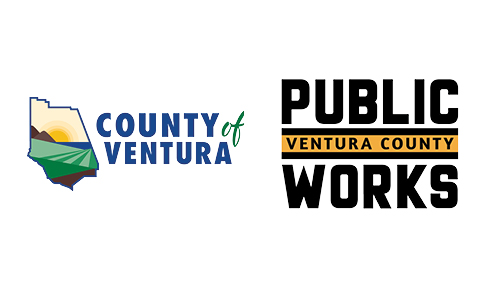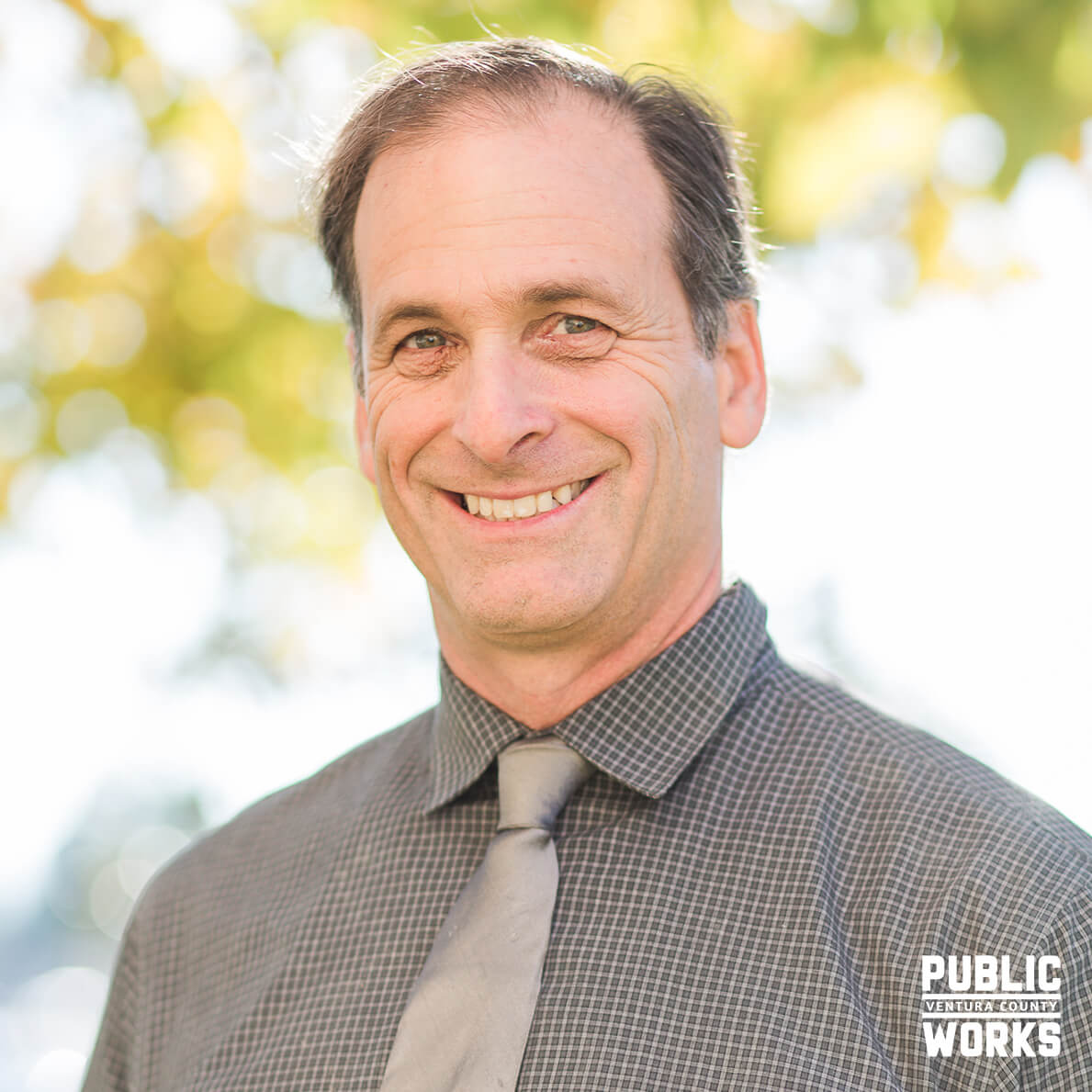October 22, 2023
Moorpark Acorn
Ventura County Public Works has taken a step forward in the battle against the drought that has impacted residents countywide, and the project is happening in Moorpark’s backyard.
The agency is studying a process called groundwater recharging.
Once reservoirs start to run low on water, rain can help “recharge” the water basins. The process occurs when surface water from storms, rivers or precipitation percolates downward through microscopic spaces in the soil. Eventually, the infiltrated water makes its way into an underground aquifer for storage.
The county’s public works department has partnered with scientists at Lawrence Berkeley National Lab in Berkeley to study the groundwater recharge potential of the infiltration basins at the Moorpark Water Reclamation Facility.
Joseph Pope, the water and sanitation director for the public works department, said the point of the project is to maximize the amount of water that can be stored underground.
“If we can increase the groundwater, then we have less reliance on the water we get from Calleguas and Northern California,” Pope said. “That’s the overall, long-term objective— to really maximize the local groundwater supply.”
Pope said Moorpark currently receives 70% of its water from Northern California, about 20% from groundwater and some recycled water that is produced from a local treatment plant.
Dan Drugan, the manager of resources at Calleguas Municipal Water District, said the project is different from other groundwater recharge efforts in California’s Central Valley. Over the last decade, farmers there have been moving water from state and central water projects to the basins to make up for decades of overpumping groundwater.
“You’re not combating the overpumping by doing that,” Drugan said. “In Moorpark, there’s not an active stream that’s feeding the area, so it’s more like a stormwater capture project.”
The first leg of the project will be to study the soil at the Moorpark reclamation facility, which shows how efficient percolation will be.
“They’re conducting what I like to call a CAT scan of the area,” Drugan said. “To determine how those infiltration basins are currently operating.”
Some of those infiltration basins might need to be improved in order to efficiently collect stormwater to allow for better water flow.
Before it can take action, however, the public works agency must get a permit from the state in order to start collecting stormwater and recharge the basin.
Pope, however, is hopeful that the soil has potential for groundwater recharging. The county’s public works still has a way to go with the project; additional studies will need to be conducted as well as preliminary designs, an environmental review, and finally, the permitting process.
“We hope within the next three to five years we can make this a reality,” Pope said.
https://www.mpacorn.com/articles/groundwater-recharge-in-moorpark/




